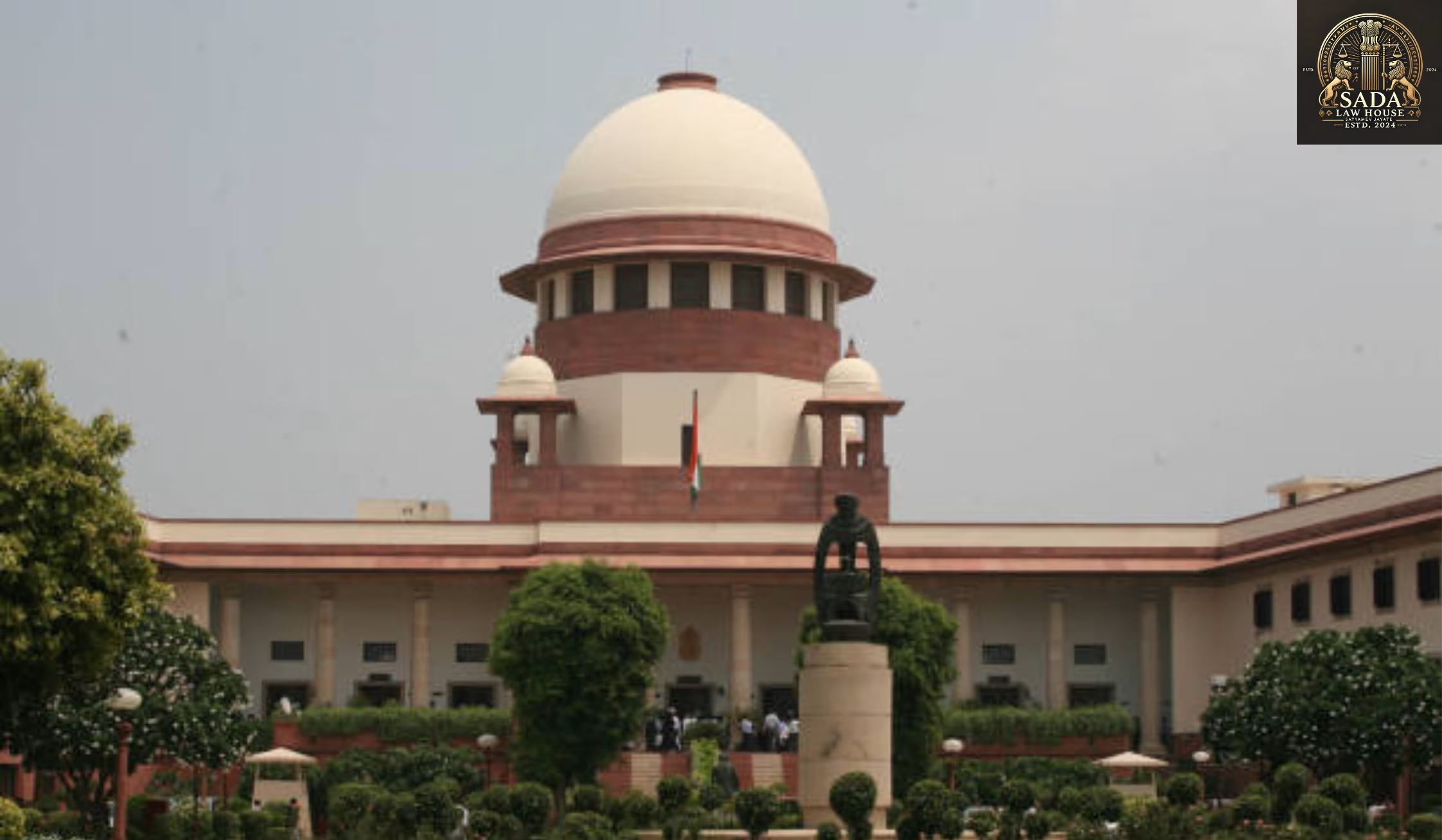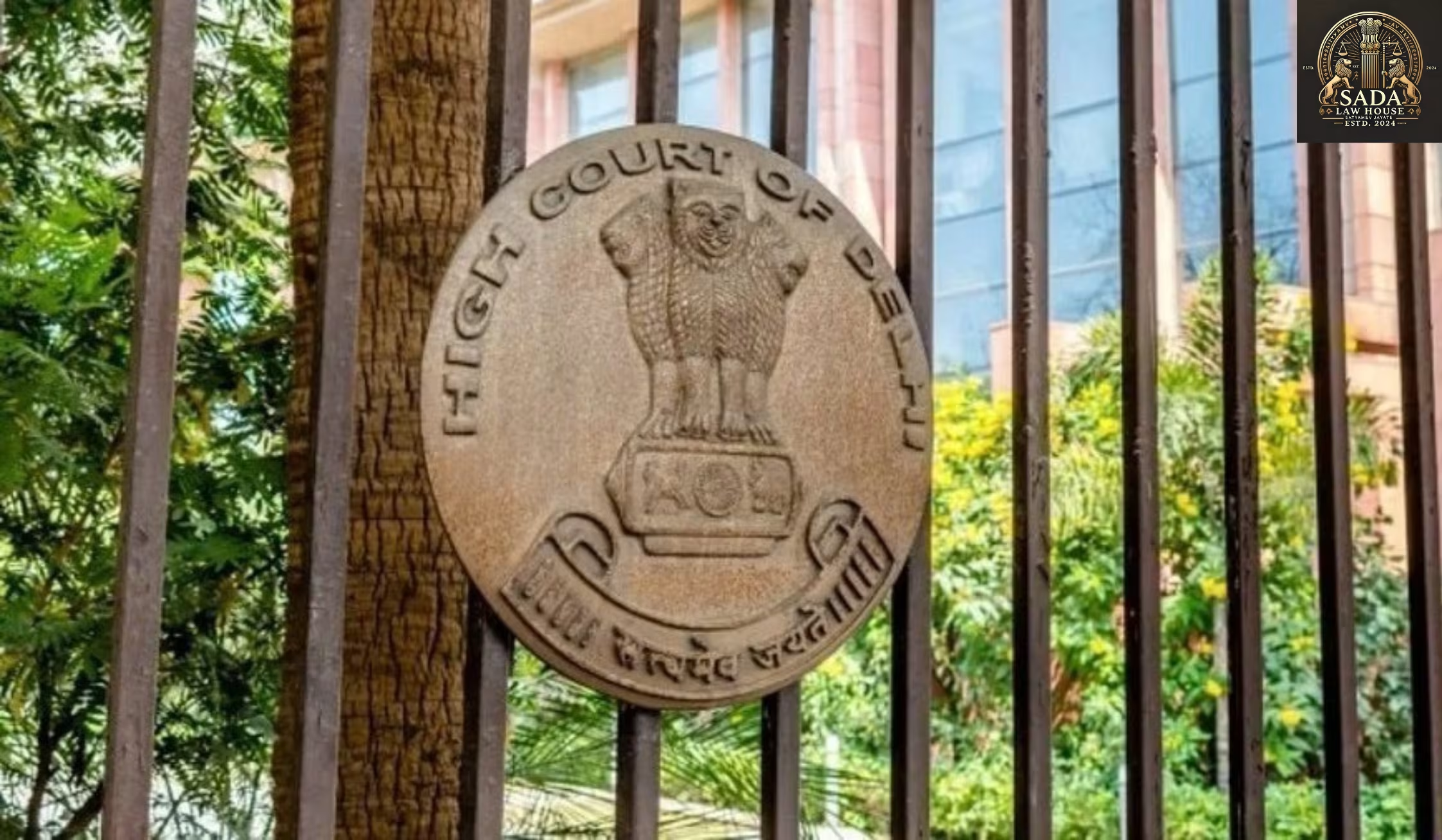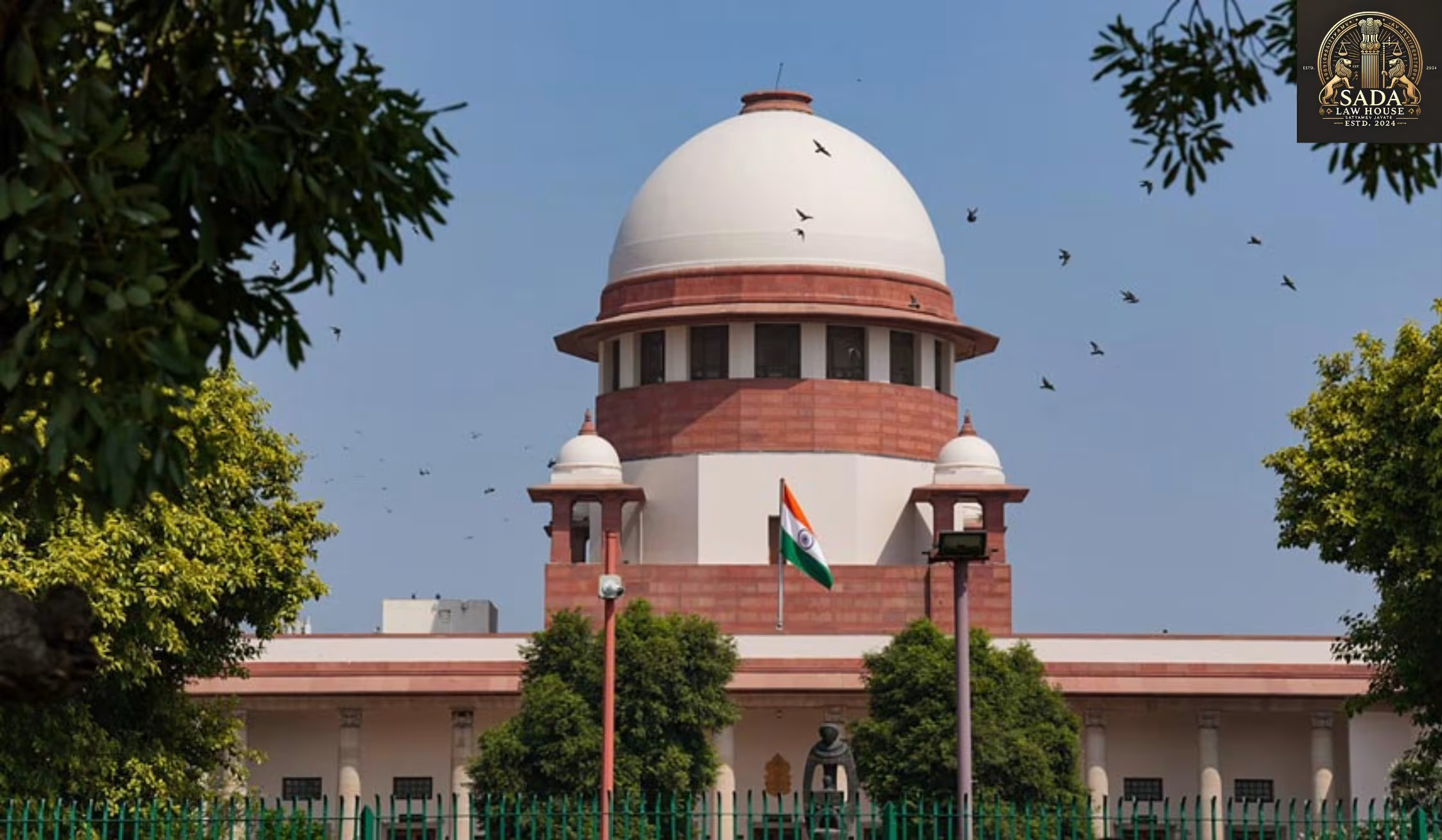Supreme Court Ruling on SECC 2011: Maharashtra’s Plea for OBC Data Denied Due to Inaccurate Caste Information
- MAHI SINHA
- 1 May 2025

Background: Maharashtra’s Petition
In 2021, the Government of Maharashtra filed a petition under Article 32 of the Indian Constitution before the Supreme Court of India. The state sought access to the raw caste data from the Socio-Economic and Caste Census (SECC) 2011 to implement Other Backward Classes (OBC) reservations in local body elections. Maharashtra argued that the data was essential for accurate representation and compliance with the triple test criteria established by the Supreme Court for OBC reservations.
Centre’s Response: Data Inaccuracies
The Union Government opposed the petition, stating that the SECC 2011 data was “flawed” and “unusable.” An affidavit filed by the Ministry of Social Justice and Empowerment highlighted issues such as:
Over 4.6 million caste entries, many due to spelling errors or phonetic similarities.
Inaccurate classification and categorization of castes.
Potential misuse of data for political gains.Hindustan Times+1The Indian Express+1
The Centre emphasized that the SECC was not an OBC-specific survey and was not intended for policy-making purposes.
Supreme Court’s Judgment
On December 15, 2021, a bench comprising Justices AM Khanwilkar and CT Ravikumar delivered the verdict. The Court observed:
“The data as collated is not accurate and is unusable for any purpose whatsoever.”Live Law
Consequently, the Court dismissed Maharashtra’s plea, stating that directing the Centre to release the data would lead to “more confusion and uncertainty.” The New Indian Express+2Live Law+2The Economic Times+2
Implications for OBC Reservations
The ruling has significant implications for OBC reservations in Maharashtra’s local bodies. The state must now conduct fresh empirical studies to assess backwardness, as mandated by the triple test, before implementing any OBC quotas.
Conclusion
The Supreme Court’s decision underscores the importance of accurate and reliable data in policymaking. While the Centre’s stance on caste-based enumeration remains cautious, the ruling highlights the challenges in utilizing historical data for contemporary governance.
Live Cases







